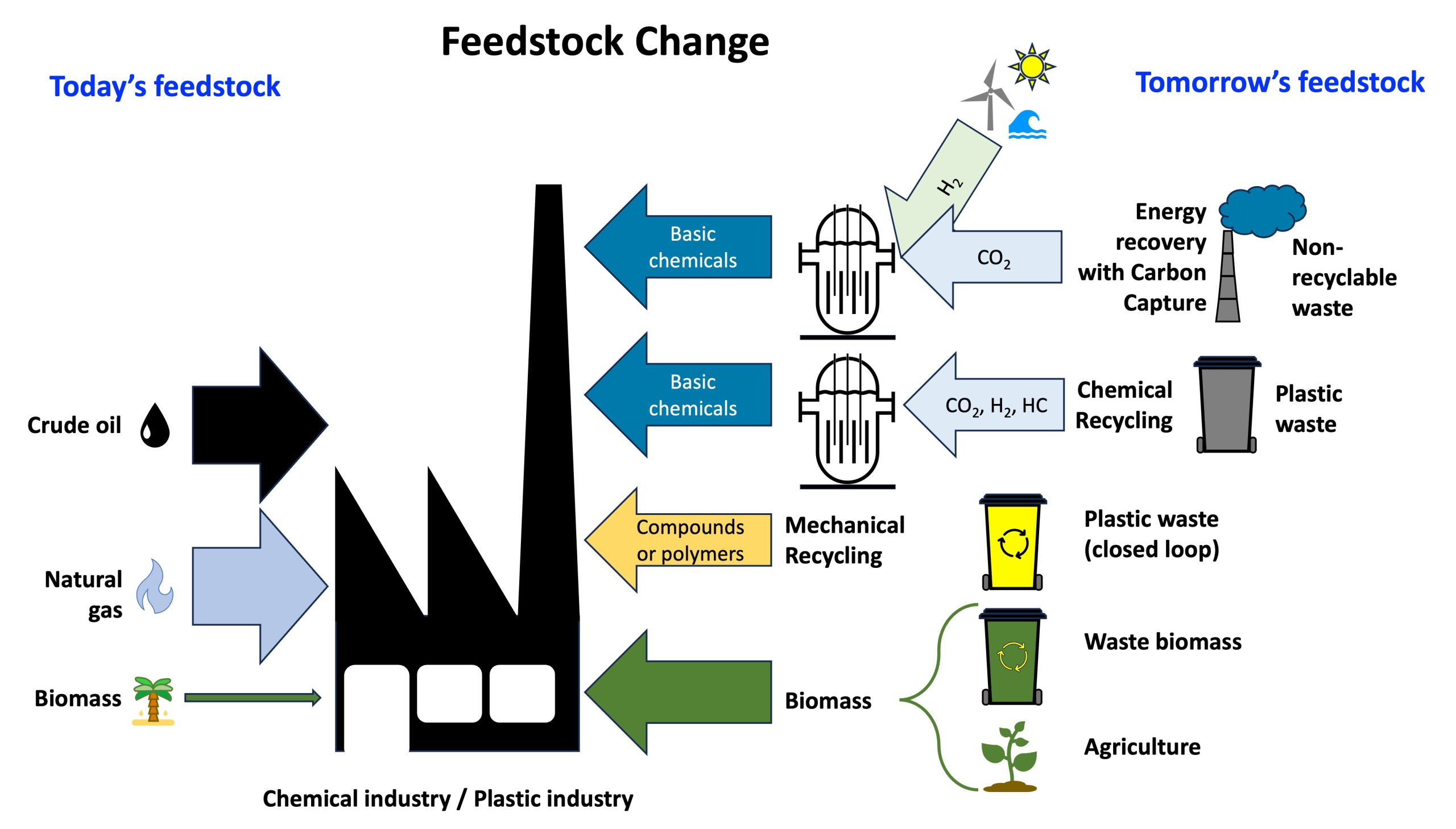
August 2, 2024
The complexity of plastic polymers and even more so of additives has increased enormously in recent years. This makes the material recycling of plastic waste considerably more difficult, especially in the case of mixed plastic waste. Some additives have now been strictly regulated or even completely banned for good reasons (‘legacy additives’). Material or mechanical recycling generally uses old plastics that still contain these substances. Consequently, products that are manufactured using such recyclates are contaminated with these harmful substances. This poses a major challenge for sustainability, as there is a conflict of objectives between protecting the health of consumers, especially vulnerable groups, conserving resources and recycling, keeping material cycles ‘clean’ and destroying pollutants, and transporting them to a safe final sink. With regard to the first objective, we recommend avoiding the use of contaminated recyclates for products with intensive contact with consumers (‘contact-sensitive products’) until further notice.
In our recent article “Material Recycling of Plastics—A Challenge for Sustainability” we also show that the climate policy challenges for the plastics (and chemical) industry necessitate defossilization (‘feedstock change’). This turnaround can only succeed if solely closed-loop recycling takes place in the future; recyclates should primarily replace virgin plastics. For material or mechanical recycling, this means that this can only work if used plastics with a high degree of homogeneity and known formulation are collected separately, as is already the case today with PET bottles. The objective of this article is to illustrate the increasing complexity of plastic polymers and additives, especially legacy additives, which will force a legislative readjustment of todays’ material recycling.
Lahl, U.; Zeschmar-Lahl, B. Material Recycling of Plastics—A Challenge for Sustainability. Sustainability 2024, 16, 6630. https://doi.org/10.3390/su16156630
